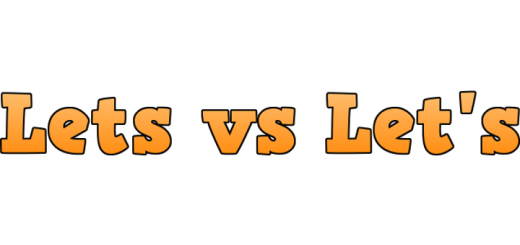“A” versus “An”: More complicated than at first glance

Image Credit: http://theteacherwife.blogspot.com/2012/02/when-to-use-or-a-quick-writing-lesson.html
It may seem like the simplest rule in the English language: use “a” when it precedes a word that begins with a consonant, and use “an” when the word begins with a vowel. Everyone learns this in elementary school, and it’s one of the first rules you’re taught when learning how to write English. But, it’s also wrong.
The first major problem with the rule is that it doesn’t always apply to words that begin with “h.” For example, “an hour” or “an heir.” So while “a” usually precedes a word that begins with a consonant, that’s not always true.
Yet, it’s also not always true that “an” must precede a word that begins with a vowel. A grammatically correct sentence would say, “a unicorn” rather than “an unicorn.” Or “a ukulele” not “an ukulele.”
So that’s two exceptions already to what seems like the simplest rule, but there’s one more! When using an acronym, you will sometimes use “an” even if it begins with a consonant (“an FDA spokesman,” “an FBI agent,” “an MRI test”).
What ties these three exceptions together? It’s the sound that the first syllable of the word makes. If the first syllable sound makes a vowel sound, then use “an.” Otherwise, use “a.” In “heir,” the “h” is silent and is pronounced as “air.” In “unicorn,” the first syllable begins with a “y” sound (yoo-nee-corn). In “FDA,” the first syllable begins with an “e” sound (eff-dee-a).
With acronyms, though, be careful! Some acronyms are used more routinely as words than as acronyms. For example, you don’t say “NATO” as “N-A-T-O.” You say “nay-toe.” On the other hand, you say “NBC” as “N-B-C.” So, a grammatically correct sentence would be: “A NATO spokesperson appeared on an NBC show.”












Yes! Vowel sound, not vowel!
It’s really confusing when you start talking about individual letters and are trying to teach little kids learning ESL. “I have an EITCH.” But H is not a vowel! What is this madness!!!?